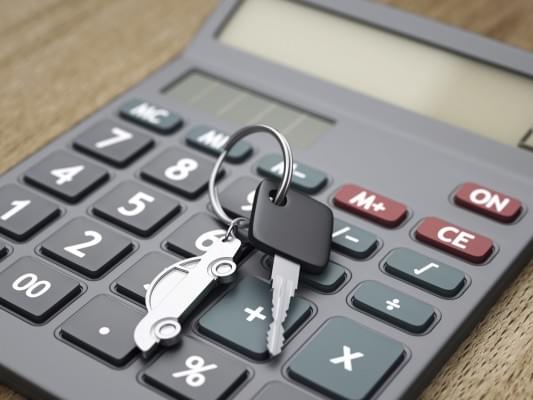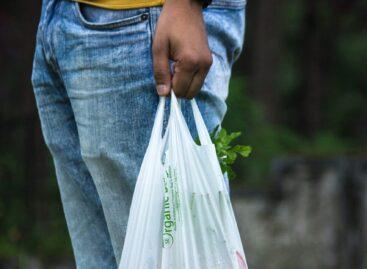Magazine: EKÁER: NAV’s GPS
Since 1 January every road transportation carried out by toll-paying vehicles has to be reported to the Electronic Freight Goods Tracking System (EKÁER).
In the case of high-risk food products this also has to be done if the transportation is done using vehicles exempt from the road toll, but the goods weigh more than 200kg or worth more than HUF 250,000 without taxes. According to EKÁER information from iData, if goods are to be transported from another EU member state to Hungary, the recipient of the goods is obliged to report the data before shipping starts. The so-called EKÁER number identifies the goods, not the freight forwarder. Data can be provided via the National Tax and Customs Administration’s (NAV) online platform. Who can apply for the number? Primary users who are entitled to represent the company and secondary users appointed by the primary user. This is very important, because the increased administrative burden can be passed on to the people working at the company’s logistics division. No matter who applies for the EKÁER number, it is the taxable legal person who bears the legal responsibility. The Hungarian Association of Logistics, Purchasing and Inventory Management (MLBKT) told at a press conference that members’ feedback is that EKÁER slows down production and trade, making manufacturers and suppliers less competitive. EKÁER doesn’t only bring more administrative work but also extra financial burden: if the taxable legal person applies for a number for the transportation of high-risk food products, it has to pay a risk deposit. The company doesn’t have to do this only if it is registered in NAV’s qualified tax payer database of if it has been operational for at least two years, it has no tax debt and it has a valid tax ID. In the case of products that fall under the National Food Chain Safety Authority’s (NÉBIH) scope of authority, the EKÁER system only gives out a number to those who have FELIR identification. Companies which fail to fulfil their EKÁER reporting obligation can be fined by NAV up to 40 percent of the value of the goods transported. The products can also be confiscated in the value of the fine imposed; the confiscation is entered on record and after this the goods seized by the authorities are then taken away. NAV tested the efficiency of the EKÁER system for three days, checking 1,400 transports and an unreported 75-ton potato consignment was seized by the authorities. According to the Association of Hungarian Logistics Service Centres (MLSZKSZ), the text of the law is ambiguous in some places and this can cause legal disputes. MLBKT reckons that tax evaders can still find many ways to cheat the system. Minister for National Economy Mihály Varga is of the opinion that it takes time for businesses to get used to the new system. EKÁER’s test period can be extended if necessary and the ministry pays close attention to how things are working out.
Related news
Related news
About two million tons of food waste is produced in Hungary every year
The former president of the republic, János Áder, chairman of…
Read more >“To the bin with food waste” – the Nébih No Leftovers program announces a poster design competition
On the occasion of the Sustainability Theme Week, the program…
Read more >Paper packaging may not be the best
The environmental effects of packaging are receiving more and more…
Read more >





